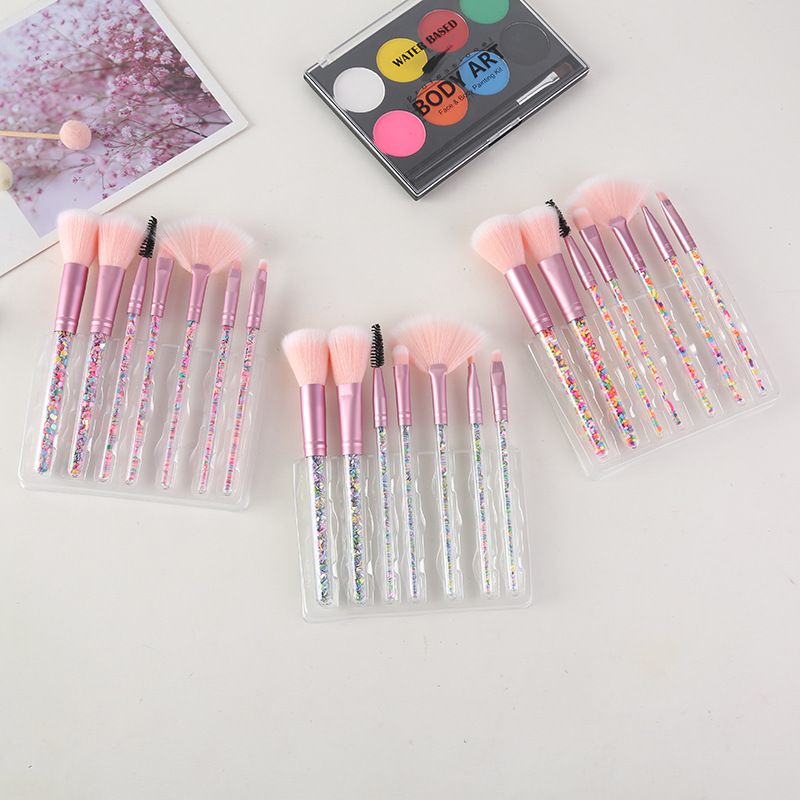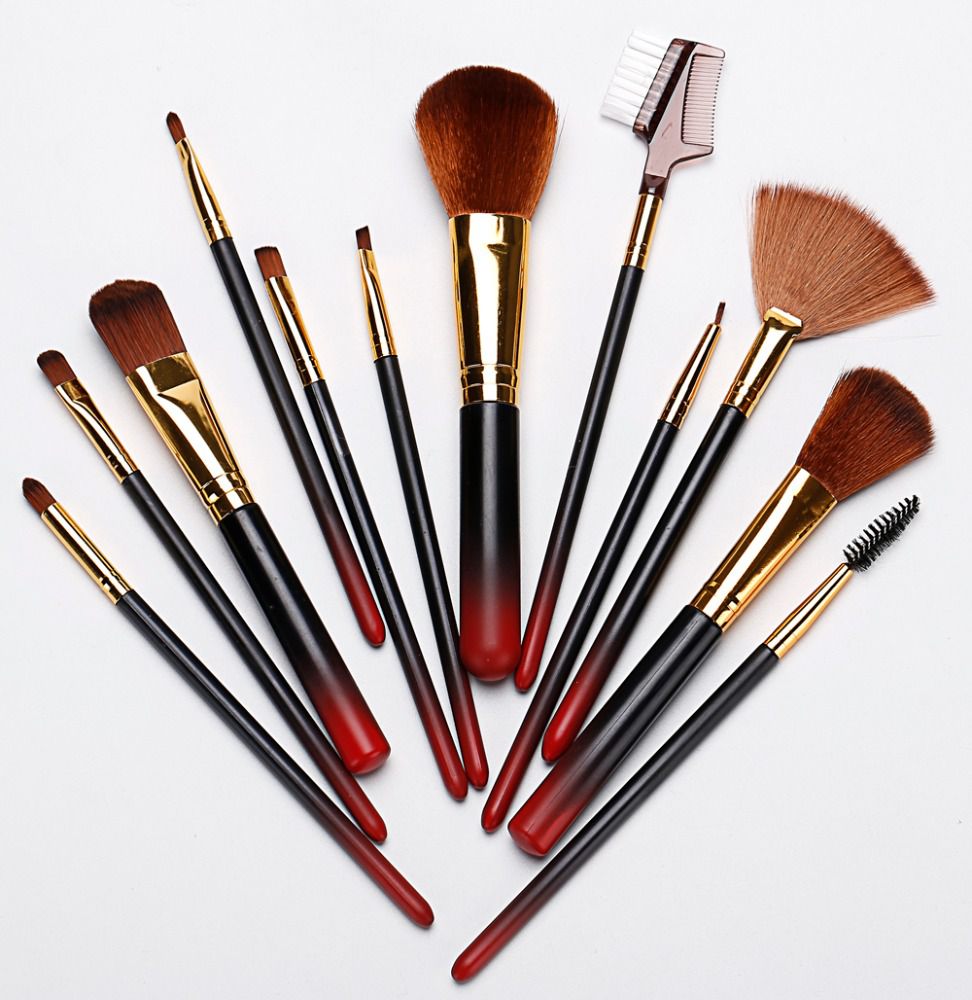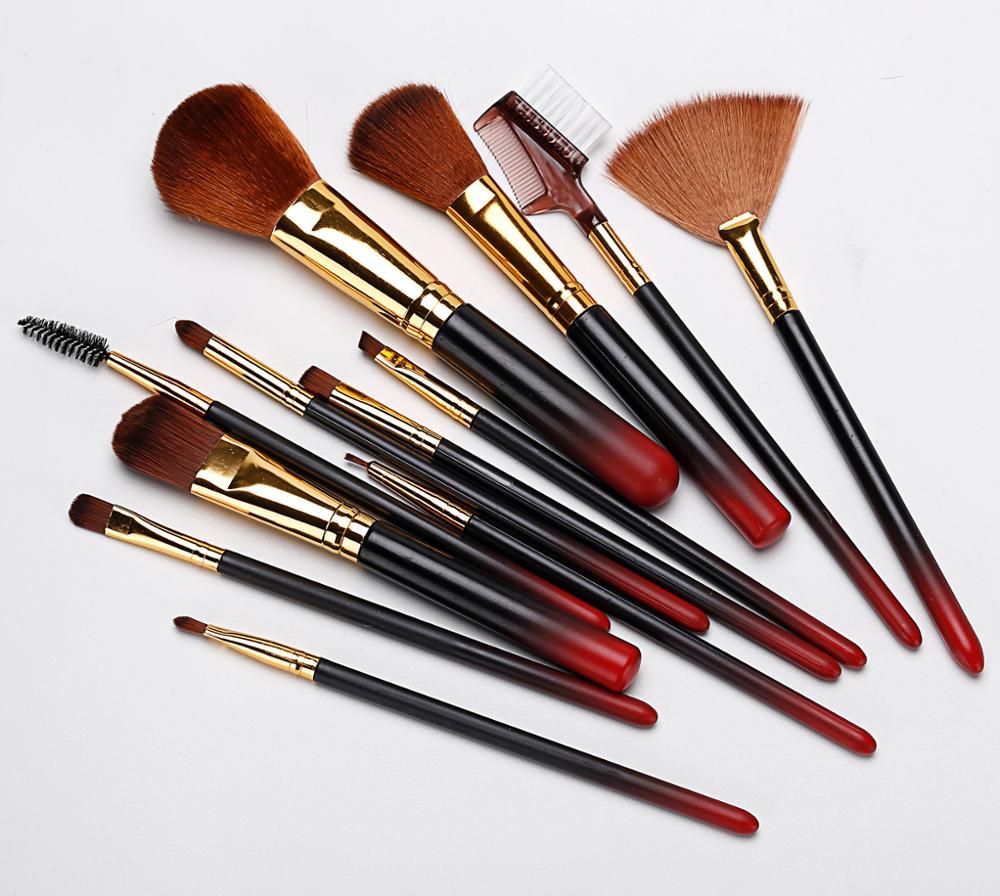Industry news
Natural Bristle Alternatives: Engineered Synthetic Fibers Mimicking Squirrel Hair Softness
- 868 Views
- 2025-07-02 09:51:09
Natural Bristle Alternatives: Engineered Synthetic Fibers Mimicking Squirrel Hair Softness
For decades, squirrel hair has been revered in the beauty industry for its unparalleled softness, making it a gold standard for high-end makeup brushes. However, its popularity comes with significant drawbacks: ethical concerns over animal sourcing, inconsistent quality due to natural variations, and vulnerability to environmental factors like humidity. As consumer demand for cruelty-free and sustainable beauty solutions grows, the focus has shifted to engineered synthetic fibers—innovative alternatives that not only replicate squirrel hair’s luxe softness but also outperform it in durability and performance.

The rise of synthetic fibers as natural bristle replacements is driven by advancements in material science and precision engineering. Traditional synthetic brushes, once criticized for being stiff or overly scratchy, have undergone a transformation. Modern formulations, such as ultra-fine polyester or modified nylon 6.6 fibers, are designed at the microscale to mimic the structure of squirrel hair. Squirrel hair’s softness stems from its thin, tapered tips and natural flexibility; engineers now replicate this by drawing fibers to diameters as small as 0.01mm and treating their surfaces with plasma or nanocoatings to reduce friction, resulting in a texture that feels indistinguishable from natural hair.
Beyond softness, engineered synthetics address key limitations of natural bristles. Squirrel hair, being organic, absorbs moisture and product residue, leading to bacterial growth and shorter brush lifespan. Synthetic fibers, by contrast, are non-porous. This hydrophobic property ensures they repel liquids, making them easier to clean and resistant to mold—extending their usability by up to 30% compared to natural alternatives, according to industry tests. Additionally, synthetic fibers offer consistent quality: unlike natural hair, which varies in thickness and elasticity between animals, engineered fibers are produced with uniform properties, ensuring every brush in a batch performs identically.

Performance-wise, these synthetic alternatives are redefining expectations. Squirrel hair brushes excel at picking up and blending powder products, but their natural oils can alter pigment payoff. Engineered synthetics, with their controlled surface tension, hold powder evenly and release it gradually, delivering more precise color application. Brands like Fenty Beauty and Charlotte Tilbury have already adopted these fibers in their premium lines, with customer reviews highlighting “butter-soft application” and “zero shedding”—a common issue with natural bristle brushes due to loose hair follicles.

Sustainability is another critical advantage. The sourcing of squirrel hair often involves trapping or shearing, raising ethical red flags, while synthetic production, when optimized, reduces environmental impact. Many manufacturers now use recycled plastics or bio-based polymers (like PLA) to create fibers, lowering carbon footprints. Moreover, synthetic brushes require less water and energy to produce than their natural counterparts, aligning with the beauty industry’s shift toward eco-conscious practices.
As technology evolves, the gap between natural and synthetic bristles continues to narrow. Ongoing research focuses on enhancing fiber elasticity and heat resistance, aiming to replicate the versatility of squirrel hair across liquid and cream products. For beauty brands and consumers alike, engineered synthetic fibers represent more than a substitute—they are a superior, ethical, and sustainable evolution of a beauty staple. The future of makeup brushes isn’t just about mimicking nature; it’s about engineering a better alternative.











